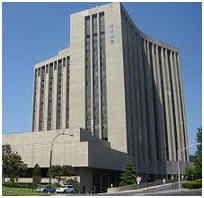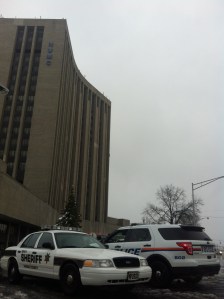By Steven Carsons, M.D., and Martin Backer, M.D., Director and associate director, respectively, of the Vaccine Center at NYU Langone Hospital — Long Island
The currently approved Covid-19 vaccine regimens in the U.S. — the two-shot Pfizer and Moderna series or one-shot Johnson & Johnson vaccine — show significant effectiveness in preventing infections, hospitalizations, and deaths.
Fortunately, more than 18 months into this radically new pandemic, we’re also continually adding to our knowledge of the virus, with new data emerging almost daily. That evolving knowledge is modifying and improving our approaches to preventing and treating the disease, and that includes adding vaccine booster shots to our protocols.
The concept behind a booster shot is that subsequent to a primary vaccine series, a person’s immunity generated in response to a vaccine will decline. But a booster shot can reinvigorate the immune system and its antibody production. Data from Israel and other vaccine trial sites show that a decline in antibodies seems most pronounced six to eight months post-vaccine, with the decline more pronounced among seniors, age 65 and up, hence the FDA’s and CDC’s recent approval of booster shots for that age group. In addition, the FDA and CDC recently authorized boosters for those aged 50-64 with underlying medical conditions.
Booster vaccines previously received emergency use authorization for high-risk groups including those who are immunocompromised, such as those with cancer receiving chemotherapy and transplant recipients receiving immunosuppressive transplant-rejection medication. As of Sept. 17, more than 2 million Americans had received booster shots, with no significant safety issues noted in the careful monitoring of their administration.
Now, as we move forward with considering boosters for the general population, a looming question is: But which vaccine booster do I get . . . the same one, or a different one? Scientific and immunologic theory suggest that a “mix and match” of primary vaccines with booster shots of a different type may have advantages, such as receiving a Pfizer vaccine followed by a Moderna or Johnson & Johnson booster.
There are 10 vaccine centers across the country currently participating in a study of this concept (including our Vaccine Center at NYU Langone Hospital — Long Island), with the initial results expected to be reported soon. The study delves into how various vaccine/booster shot combinations affect T cells in the body that destroy abnormal virus-infected cells (killer T cells) and impact B cells that help make antibodies that can neutralize SARS CoV-2, the virus that causes Covid-19.
Until we have more insights as to optimal vaccine/booster shot combinations, one thing is clear: There have been hundreds of millions of people worldwide who have been vaccinated against Covid-19 and — booster shot or not — those vaccines have been incredibly effective at reducing severe disease, hospitalization, morbidity, and mortality.
Sign up for Long Island Press’ email newsletters here. Sign up for home delivery of Long Island Press here. Sign up for discounts by becoming a Long Island Press community partner here.


























